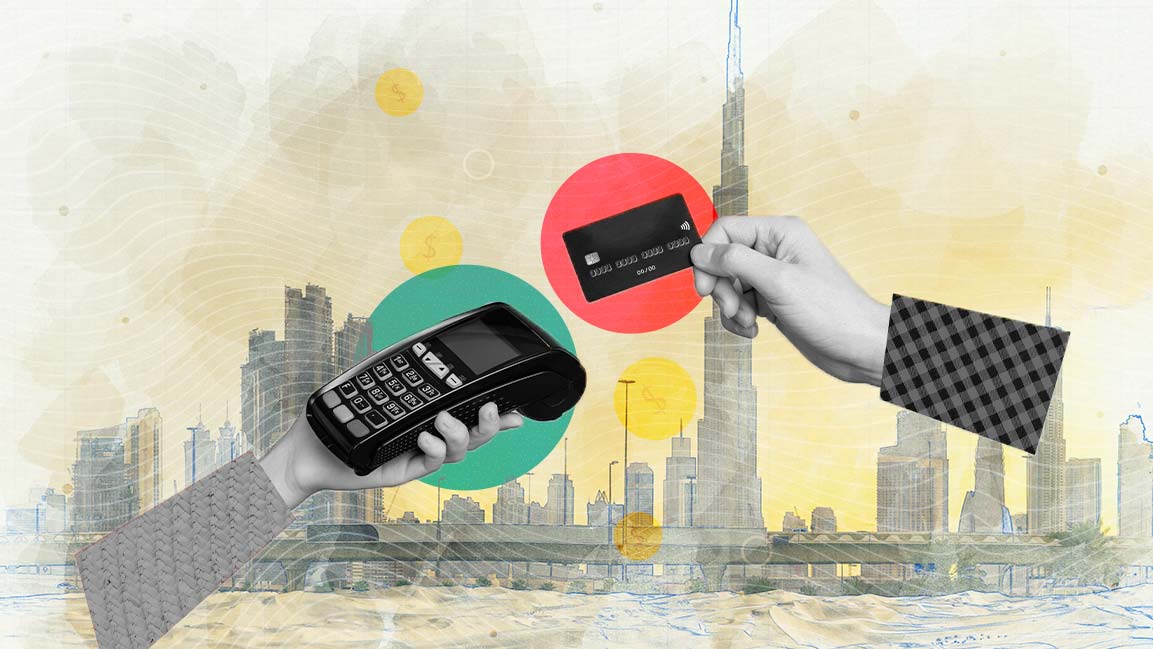- | 10:00 am
Real-time transactions in the UAE to reach 146 million by 2027
Real-time transactions are expected to account for 12% of electronic payments in the UAE in the next four years

Digital payment transactions are skyrocketing in the Middle East, while there’s a growing need for an instant mechanism to transfer funds, which experts believe benefits people, businesses, and the economy. Real-time payments aren’t just convenient to use but also act as a catalyst for economic growth.
Now, as governments and regulators in the region set new mandates for more adoption, the region is set to become the fastest-growing real-time payments market in the world.
According to the 2023 Prime Time for Real-Time report published by ACI Worldwide in partnership with GlobalData, 37.2 million real-time transactions were made in the UAE in 2022, and this number is expected to increase to 146 million by 2027. This will be a five-year compound annual growth rate (CAGR) of 31.5%.
Globally, 195.0 billion real-time payment transactions were made in 2022, representing a year-over-year growth of 63.2%, said the report. But this was just 1.1% of the paperless transitions last year and the figure is expected to rise to 12% by 2027.
The phased rollout of a national Instant Payment Platform (IPP) is expected later this year, through which payments and fund transfers in the UAE can be processed 24/7 and in real-time.
The scheme, which will require the participation of all financial institutions in the country, is expected to offer core payments based on the new instant payment rails and overlay services such as Request to Pay.
“The launch of a domestic IPP will be a game changer for the UAE as it will accelerate the adoption of real-time payments, which is central to the country’s ambition of creating a modern and digital economy,” said Santhosh Rao, Senior Vice President, MEASA, ACI Worldwide.
“Real-time payments bring many benefits — they help ensure the competitiveness of banks and financial service providers, they eliminate friction in payment transactions and ultimately, they increase customer satisfaction and loyalty,” Rao added.
Many countries, including Qatar, Kuwait and Oman, are also planning to launch real-time payments platforms in the near future. This will raise the transactions from $675 million in 2022 to $2.6 billion by 2027, representing a CAGR of 30.6%
Bahrain is forecasted to have the highest level of real-time payments consumer adoption by 2027 globally, with every citizen projected to make 83.3 real-time transactions per month.































